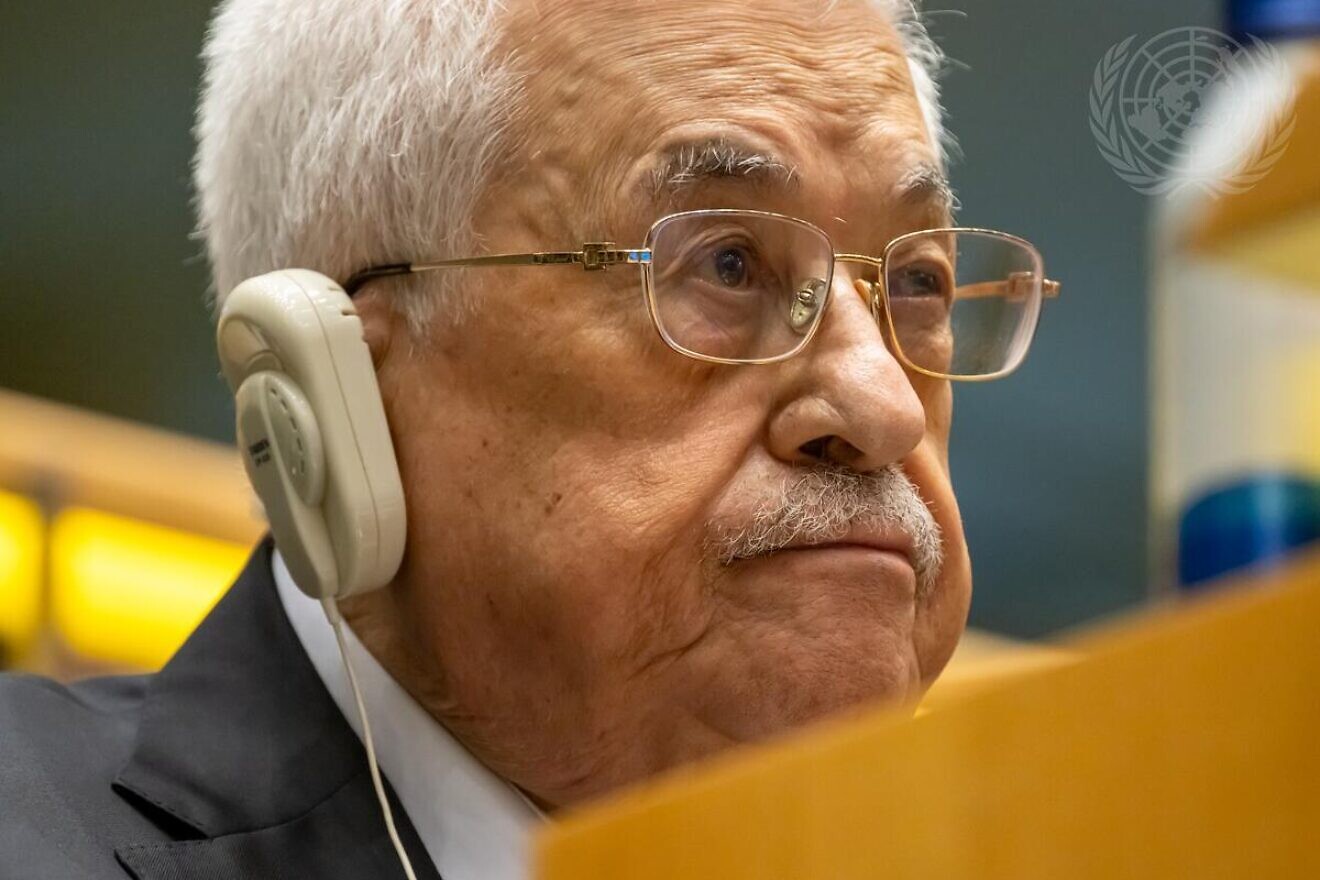On Jan. 9, 2025, Mahmoud Abbas will start the twenty-first year of his first four-year term as leader of the Palestinian Authority.
As does U.S. law, P.A. law stipulates that the leader of the government be elected for a four-year term, which can be extended, subject to re-election, for one additional four-year term.
Abbas was elected to the position of chairman (ra’is) in the last P.A. elections, held in 2005.
The international community embraced him, hoping that Abbas would be different from Yasser Arafat, his terrorist predecessor. But Abbas was never the popular Palestinian choice.
Of the 1,760,481 potential voters in 2005, only 802,077 actually cast their vote. Of them, only 501,448 voted for Abbas. That is, he was elected by only 35% of the electorate over 20 years ago.
Since the P.A. was established more than 30 years ago, the United States and the European Union have donated billions of dollars to build a functioning democratic Palestinian society. While the donations kept flowing, everyone was content to turn a blind eye to the bleak reality.
In 2017, the European Union adopted a multi-year plan for E.U.-P.A. collaboration. The plan stipulated that P.A. democracy was “non-negotiable.” At the time, Abbas was only in the twelfth year of his first four-year term.
While the reality of his dictatorship is clear, Abbas continues to enjoy international recognition.
Recently, Abbas, 89 years old, tapped Rawhi Fattouh to succeed him should he become temporarily or permanently incapable of performing his duties. Fattouh, according to the P.A. announcement, would hold the position until new Palestinian elections are held.
In Judaism, there is a tenet according to which “actions of the fathers are a sign to the children.”
Arafat, who first led the P.A., stayed in his position for 10 years after being elected only once. Abbas has now stayed in his position, also having been elected once, for over 20. Based on this poor record, it is possible that the international community will have to start getting used to the name Rawhi Fattouh. He may be with us for the coming decades.
Originally published by the Jerusalem Center for Security and Foreign Affairs.


























